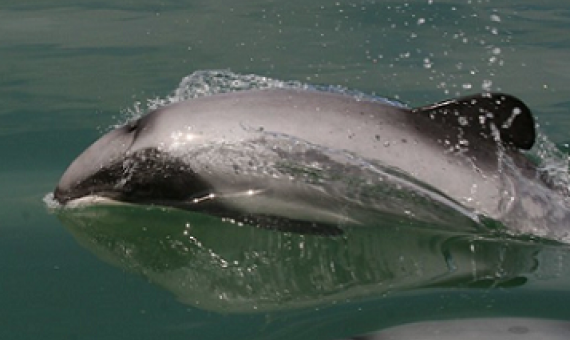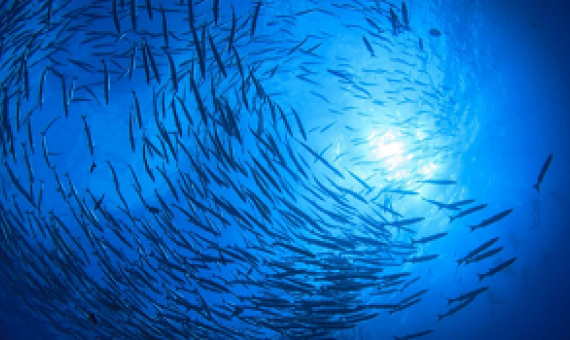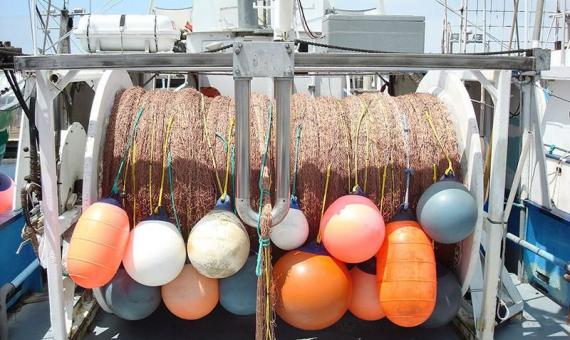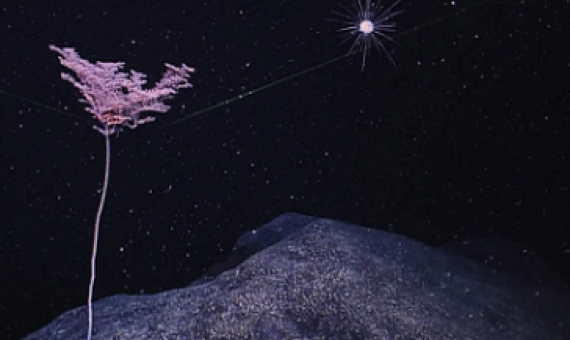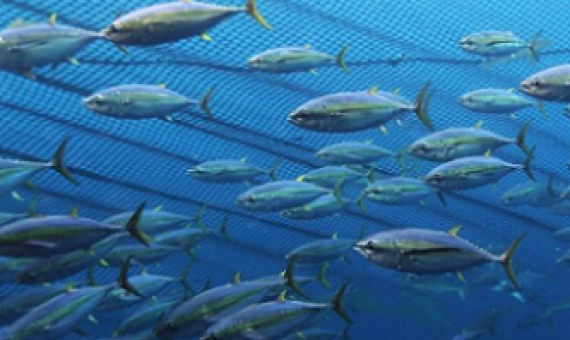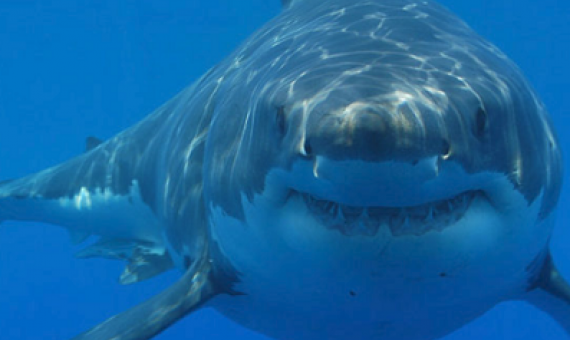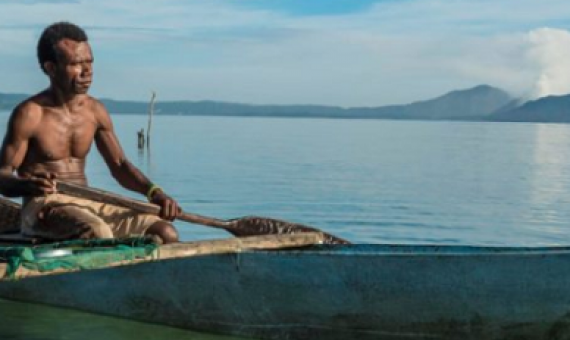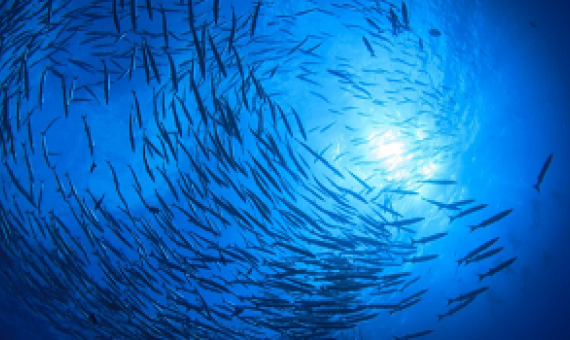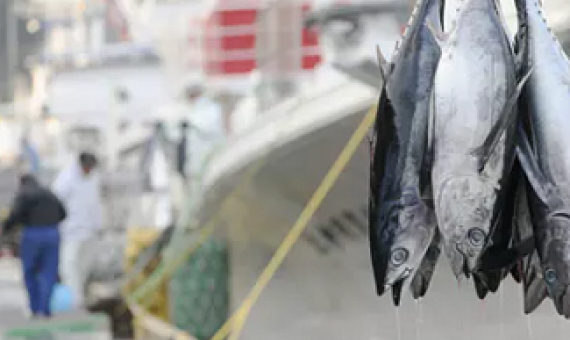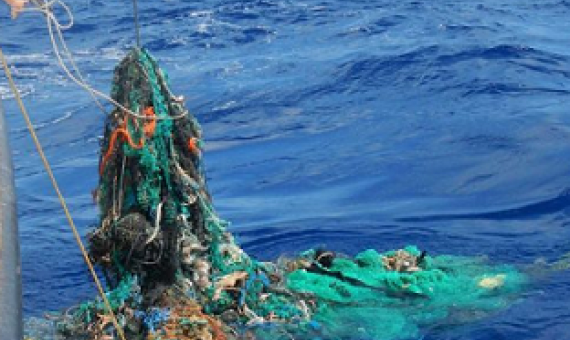A series of full page advertisements in the Dominion Post by Seafood NZ is suggestive of an industry throwing its weight and money behind a ‘lip service’ campaign to reassure the public of a sustainable industry.
A low-cost satellite revolution is paving the way for real-time monitoring of fishing vessels using synthetic-aperture radar (SAR). SAR allows researchers to monitor ‘dark vessels’ that aren’t transmitting Automatic Identification Signals (AIS) location data.
Peter Thomson, who is leading the United Nations’ "Goal 14" initiative for sustainable use of the oceans and marine resources, met with Chilean president Sebastian Pinera and other key policymakers to back the South American country's leadership in combating illegal, unreported and unregulated (I
After years of federally mandated protection, scientists see signs that this once ecologically fertile area known as the Hawaiian-Emperor Seamount Chain is making a comeback. Link to full article below.
Climate change will cost Pacific island countries and territories about $60 million in lost tuna-related revenue by 2050, Johann Bell, senior director of Pacific tuna fisheries at Conservation International, reportedly told the Pacific Islands News Association.
International fleets are putting pressure on the world’s shark populations, whose natural habitat is largely located in industrial fishing areas — where no legal protection exists, according to a new study published in the journal Nature.Link to the full article below.
Figures from the World Bank show that nearly one-third of global fish populations are overexploited. This has been driven by the rising demand for seafood across the world, but especially in China.
Among the many threats to ocean health is the sharp decline of large pelagic fish: species such as sharks, swordfishes, marlins, and tuna that roam the open sea and play vital roles as predators and as catch in the recreational and commercial fishing industries, which are multibillion-dollar indu
The world’s fish stocks are in decline and our increasing demand for seafood may be one of the main drivers. But the true extent of the problem is hard to estimate, especially when fishing occurs in the high seas, which lie beyond national jurisdiction and are hard to monitor.
The Queensland Government plans to crackdown on the abandoned or illegal dumping of commercial fishing nets, known as ghost nets, with offenders to face fines and penalties. Click on the link below to read the full article.

